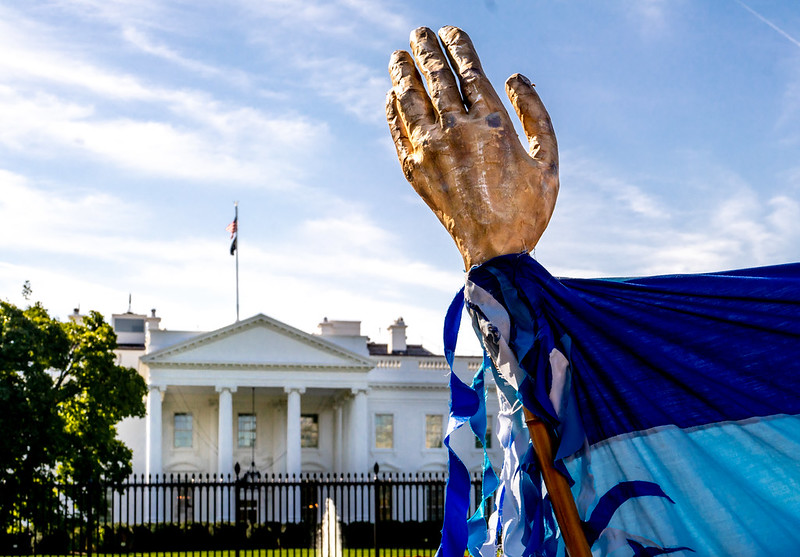
Promote justice at home without pushing others further behind
By Sakiko Fukuda-Parr
Sakiko Fukuda-Parr is a Professor of International Affairs at The New School and Chair of the UN Committee for Development Policy
As countries around the world shift gears and start to accelerate climate action, they are embarking on “just transition strategies,” committing to ensure that the transition to low-carbon economies will be an equitable process. In their initiatives, governments are attempting to address the distributional consequences of the transition like job losses when transitioning from coal to clean renewable energy or design a transition that will create new jobs and take advantage of the development of new markets, and more. On February 20, I had the pleasure of moderating a fascinating public debate on what this meant, particularly for the Global South, amongst members of the UN Committee for Development Policy (CDP) – an advisory group of 24 economists and social scientists appointed by the UN Secretary-General to advise on development policies. The speakers included CDP members Ha-Joon Chang (SOAS, London), Carlos Lopes (University of Cape Town), Jose Antonio Ocampo (Minister of Finance of Colombia), and Kori Udovicki (Center for Advanced Economic Studies and former Minister of Energy, Serbia).
Ha-Joon Chang started off by stating unequivocally: “the call for urgent climate action should not become another excuse for ‘kicking away the ladder’. Don’t forget the history of capitalism: 80-90% GHGs (Greenhouse Gasses) in the atmosphere originates from rich countries. In generating those GHGs, those countries plundered resources (oil, minerals, cotton, food) and people (slaves, indentured laborers) from developing countries through colonialism and unequal treaties. But due partly to their geographical locations but mainly because of their poverty, developing countries are suffering disproportionately from the climate crisis. They should be given far greater freedom in deciding what to do to fight the climate crisis. In any case, all estimates show what the LDCs and lower-middle-income do in terms of economic development makes little difference to the path of climate change.”
Kori Udovici agreed with Ha-Joon on the historical responsibilities of the North and the right of the Global South to build capabilities for development. She went on to argue that the key issue for the present is consumption: “the focus of accomplishing a sustainable future should be on a radical adjustment of consumption patterns first of all, and above all, in the North. Eventually, a just transition will have been accomplished when Northern and Southern per capita consumption outcomes are similar and completely dissimilar from the patterns as we know them today.”
Jose Antonio Ocampo and Carlos Lopes raised another issue that is overlooked: the environmental assets of the Global South and the environmental services that they are providing without compensation. This should be considered according to the Rio principle of ‘common but differentiated responsibilities’ (CBDR’), and factored into the discourse of international debt negotiations. In Latin America, the protection of the Amazon is an important concern of all countries, but this is an asset of the world – a global public good. The whole world benefits from it and its preservation is the responsibility of all countries. Referring to the recent agreement at COP27 on a fund to finance Loss and Damage, Carlos Lopes argued that these assets have to be thought of as credits and debts. African countries have sovereign debts according to financial indicators. But they have huge carbon credits due to the present and historical patterns of consumption and production while the countries of the north have huge debts.
Among many other important points was the ultimate irony of ‘just transition policies in the global north’ creating trade barriers and other obstacles for the Global South for their sustainable development. In an interdependent world, national policies inescapably have consequences for people outside their boundaries.
- Watch the public debate on UNTV.